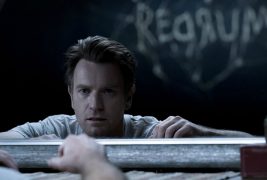
Confession time: I prefer Stanley Kubrick’s take on The Shining to Stephen King’s.
That’s not a knock on King. I burned through the original novel in a couple days when I picked it up back in college. But precious little fiction in any medium can lay claim to the brooding menace that infuses every scene of Kubrick’s film. It’s about as perfect a piece of horror as I can think of, the work of an auteur at the height of his abilities—which, given that The Shining was only King’s second book, probably goes a long way in explaining why Kubrick’s film feels like a more polished take on the story. King famously disliked it, but it’s the version the public at large knows best, and thus it’s the version that informs Mike Flanagan’s adaptation of the sequel, Doctor Sleep.
Based off King’s 2013 novel, Doctor Sleep picks up with a middle-aged Dan Torrance (Ewan McGregor), still haunted by his childhood experiences at the Overlook Hotel. Lost in a world of addiction that threatens to destroy him, Danny is befriended by recovering alcoholic Billy Freeman (Cliff Curtis). As he heals, he reconnects with the psychic “shining” he had as a boy, just in time to run afoul of the True Knot, a clan of energy vampires who feed off the mental essence of those who shine. Led by the charismatically malevolent Rose the Hat (Rebecca Ferguson) the True Knot sets its sights on Abra Stone (Kyleigh Curran), a precocious girl who shines brighter than anybody Dan has ever encountered—and who he finds himself mentoring as they try to foil Rose and her underlings.
Doctor Sleep is a worthy and capably done film. Flanagan, whose credits include the badly underrated Oculus and the uneven Haunting of Hill House Netflix miniseries, is a talented director, and it shows in the even pacing and good performances. He brings a far more Kingian sensibility to the story than Kubrick did, which gives Doctor Sleep a very different atmosphere from Kubrick’s The Shining, one that is vastly more hopeful. While there are numerous callbacks to the original film, they’re handled well and it never feels like a remake.
Still, there’s something off about Doctor Sleep, a pervasive fuzziness in its story logic and worldbuilding that never quite lets us sink in. Abra, the archetypal precocious Stephen King child, varies in power depending on the needs of the plot rather than any sort of coherent definition of the limitations of her powers. Indeed, it’s difficult to know what exactly “shining” is, since it seems to include everything from ESP and telepathy to telekinesis. While the mental battles between Rose, Danny, and Abra make for some great sequences, it’s often hard to tell what exactly is at stake. Is Abra an ass-kicking psychic warrior or a fledgling with potential? Where exactly did the True Knot come from and what is their background? Ferguson keeps our interest with the sultry malice she brings to Rose, but we still don’t know where she came from or why she became a vampire in the first place. Compared to Kubrick’s tight plotting and clearly realized world, it feels all the more nebulous.
Which brings us to the biggest question of all: did The Shining need a sequel? King plainly thought so, though I admit I haven’t read Doctor Sleep, so I can’t say how worthy a follow-up it is to the original novel. But since Flanagan’s film is unabashedly a continuation of Stanley Kubrick’s version, the only answer I can give is that I’m not sure. Doctor Sleep is so different in tone that it hardly even feels like the two films take place in the same universe. Flanagan’s effort lacks the rich Gothicism and claustrophobic isolation that made the Overlook Hotel such a fascinatingly self-contained world. The result feels more like a serviceable vampire movie that calls back to The Shining than a bona fide continuation of the story. Taken on its own merits, Doctor Sleep is a good film, but talented director though he is, Flanagan has stepped into shoes that are impossible to fill.


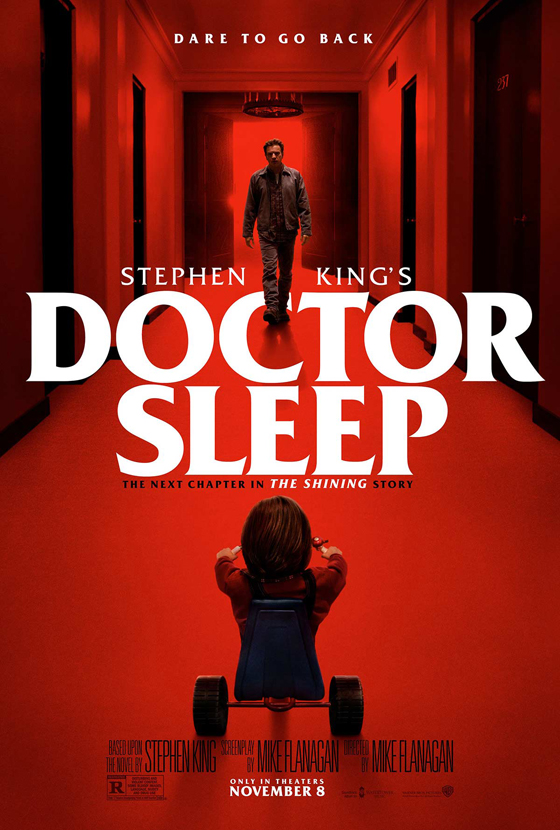
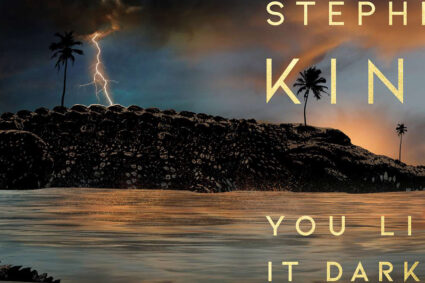
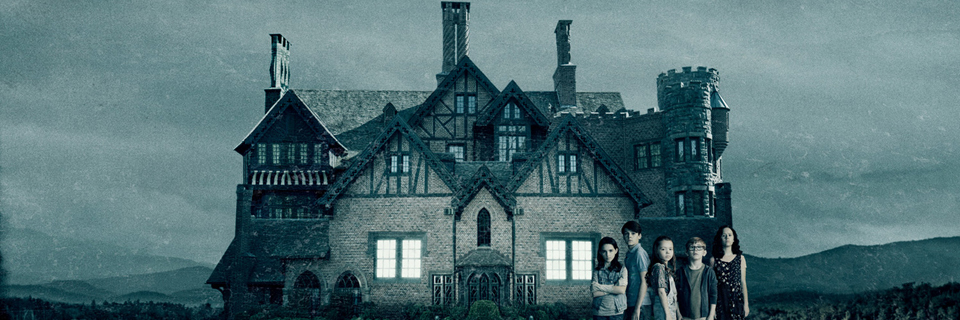
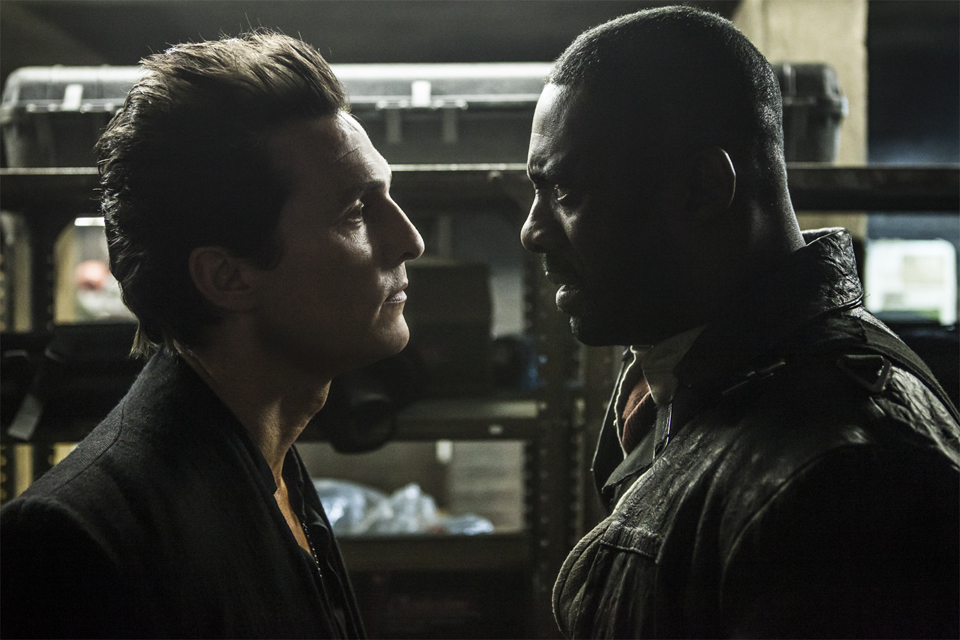










One thought on “Doctor Sleep Movie Review”
Comments are closed.